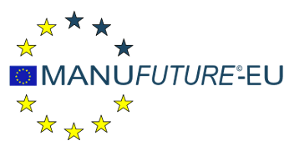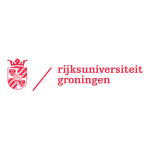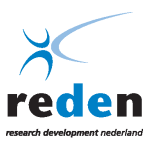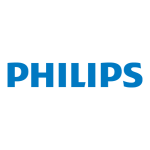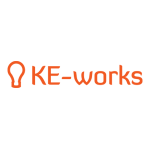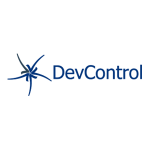Zó goed worden als supplier van Smart Factory-bouwstenen, dat je Europa in kan. Dat is één van doelstellingen van RoSF. De eerste belangrijk stap daarin is nu gezet. Vijf partners van RoSF gaan meedraaien in een groot Europees innovatieproject. Het gaat om Philips en de RUG én drie MKB-bedrijven: Reden, KE-Works en DevControl. Het project, met een budget van 16 miljoen Euro, heet VMAP, dat staat voor Virtual Material Modelling in Manufacturing Industry. Het doel van VMAP is om gestandaardiseerde numerieke modellen te maken van materialen zodat het makkelijker wordt om producten virtueel te ontwerpen, wat een basisvoorwaarde is in het Industry 4.0 tijdperk. De prominente rol van RoSF in dit Europese project is een erkenning van de competenties van de RoSF-groep op het terrein van modelbased engineering (gedigitaliseerd ontwerpen van producten en productieprocessen).
Meer informatie via Jan Post van Philips (j.post@Philips.com). Een uitgebreide Engelstalig toelichting staat hieronder of via deze website.
RoSF goes Europe
A number of Partners – University Groningen, Keworks, Reden, Devcontrol and Philips – of the RoSF consortium worked together on joining a European initiative called: VMAP (Virtual Material Modelling in Manufacturing Industry). The project has been funded by the EU and RVO and will start on 1 October.
The increasing trend of customization of products to the rapidly changing demand of consumers requires fast and efficient product development. As identified by SMART Industries (or the German equivalent Industry 4.0) an increasing role of numerical models and efficient product data streams is the heart of new product development. Shorter design and innovation cycles rely heavily on the availability of virtual prototyping tools, gradually replacing extensive and time and money consuming testing, while results of big data analyses also requires a unified integration with data flows from numerical models. New Smart Industry technologies based on IOT (internet of thinks), big data analytics and open structures can solve these issues and make Virtual prototyping tools much more efficient.
The development and deployment of new high-tech materials also require the use of advanced virtual design and validation tools. Computer-aided engineering (CAE) departments in industry have installed a variety of software tools for virtual material and product design, for the parameterisation of virtual manufacturing and machining processes, and finally for the virtual product test. These CAE tools have an internal representation for material types. Unfortunately, in most cases these material representations are not compatible to each other. The exchange of local material information in a CAE software workflow is not standardised and raises a lot of manual and case-by-case implementation efforts and costs. For a holistic design of manufacturing processes and product’s functionality the knowledge of the complete material is required.
The major goal of the project VMAP therefore is to gain a common understanding and interoperable definitions for virtual material models in CAE. The VMAP project will run industrial use cases from major material domains and with representative manufacturing processes.
- VMAP will generate universal concepts and open software interface specifications for the exchange of material information in CAE workflows.
- VMAP will realise implementations based on a Philips new shaver case for extended CAE tool interfaces and – where necessary – translation tools which follow the open interface specification.
- VMAP will implement virtual industrial demonstrators for relevant material domains and manufacturing processes and provide best-practice guidelines for the community.
- VMAP will establish an open and vendor-neutral ‘Material Data Exchange Interface Standard’ community which will carry on the standardisation efforts into the future.
The Dutch partners
VMAP combines the strength of key players in the HTSM field (PCL, MSC, Reden, KE-Works, DevControl, M2i, TUD, RUG and Insumma) and is set-up to add value and competitive strength to a broad spectrum of companies in all sectors of industrial activities in the Netherlands.
The access to and continued existence and expansion of state-of-the-art production processes and facilities in the Netherlands depends on a continuing stream of innovations, today and tomorrow, that cater for the needs of small and large OEMs and equipment, components and technology suppliers alike. The proposed industrial partners are an excellent cross section of the Dutch industrial ecosystem, also because they are the central part of vast supply networks of many SMEs (national and international).

